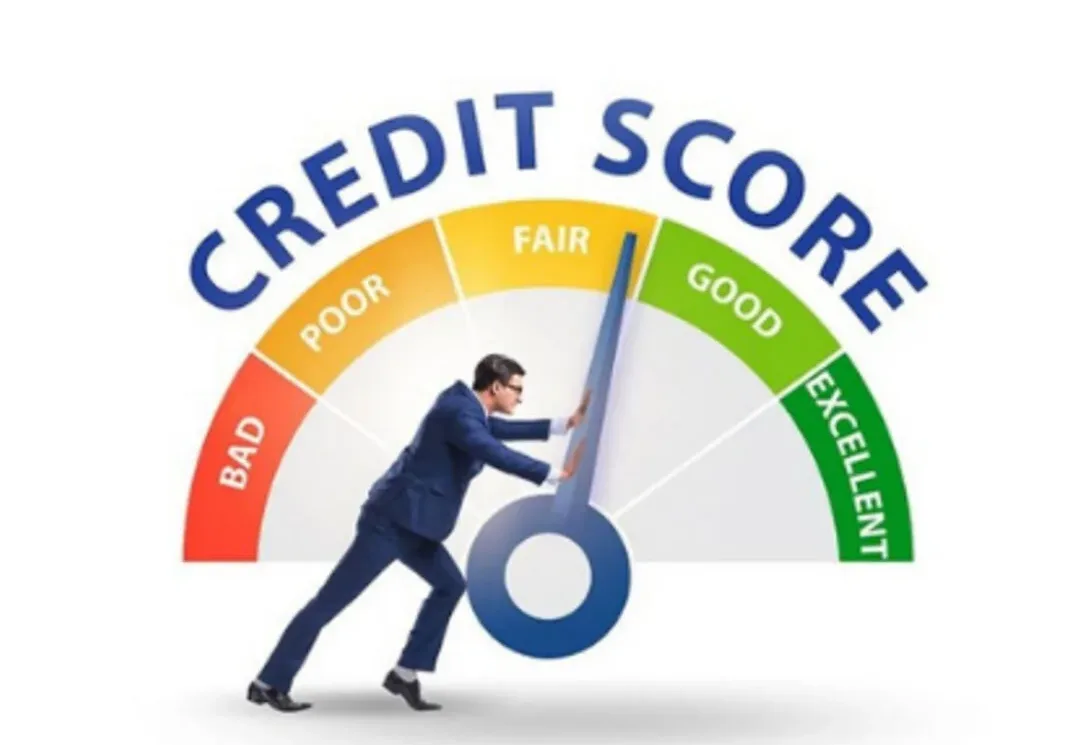Tips for Understanding and Improving Your Credit Score

Your credit score plays a pivotal role in your financial life, influencing your ability to secure loans, credit cards, and even rent an apartment. A good credit score can open doors to better interest rates and financial opportunities, while a poor one can limit your options and cost you more in the long run.
Understanding Your Credit Score

Before you embark on the journey to improve your credit score, it’s crucial to understand what it is, how it’s calculated, and why it matters.
What is a credit score?
A credit score is a three-digit number that reflects your creditworthiness, indicating to lenders how likely you are to repay borrowed money. The Fair Isaac Corporation developed the FICO® Score, which is the most widely used credit score in the country. It ranges from 300 to 850, with higher scores indicating better creditworthiness.
How is your credit score calculated?
While the exact formula for calculating credit scores is proprietary, several key factors influence your score:
- Payment History (35%): The most significant factor is your history of making on-time payments. Late payments, defaults, and bankruptcies can have a detrimental impact.
- Credit Utilization (30%): This refers to the amount of credit you use compared to your available credit limit. High utilization can negatively affect your score.
- Length of Credit History (15%): Your credit accounts have been opened. Longer histories are typically better.
- Credit Mix (10%): Lenders like to see a mix of different types of credit, such as credit cards, installment loans, and mortgages.
- New Credit Inquiries (10%): Applying for new credit can result in inquiries on your credit report. Multiple recent inquiries can lower your score.
Tips for Improving Your Credit Score
Now that you have a basic understanding of what goes into your creditscore, let’s explore practical tips to improve it.
1. Check Your Credit Reports Regularly
Start by obtaining copies of your credit reports from the three major credit bureaus: Equifax, Experian, and TransUnion. You’re entitled to one free report from each bureau every 12 months through AnnualCreditReport.com. Review these reports for errors, inaccuracies, or fraudulent accounts. Dispute any discrepancies you find.
2. Pay Your Bills on Time
Consistently making on-time payments significantly contributes to a positive credit score. Set up reminders or automatic payments to ensure you never miss a due date.
3. Reduce Credit Card Balances
High credit card balances relative to your credit limit can hurt your credit score. Aim to keep your credit utilization ratio below 30%. Pay down credit card debt and avoid maxing out your cards.
4. Don’t Close Unused Credit Cards
Closing a credit card account can reduce your available credit, potentially increasing your credit utilization ratio. Keep older, unused cards open to maintain a longer credit history.
5. Avoid Opening Too Many New Accounts
Frequent credit inquiries and opening multiple new accounts quickly can negatively impact your credit score. Apply for credit only when necessary.
6. Diversify Your Credit Mix
A mix of credit types, such as credit cards, installment loans, and mortgages, can positively influence your credit score. However, only open new accounts when needed and when you can manage them responsibly.
7. Become an Authorized User
If a family member or friend with good credit is willing, ask them to add you as an authorized user on their credit card account. This can boost your credit score, but ensure the primary account holder has a positive credit history.
8. Negotiate with Creditors
If you’re struggling with debt, contact your creditors to discuss options, such as a lower interest rate or a repayment plan. Many creditors are willing to work with you to prevent delinquency.
9. Be Patient
Improving your credit score takes time. Negative information, such as missed payments or collections, typically remains on your credit report for seven years. Positive financial habits will gradually outweigh past mistakes.
10. Seek Professional Help If Necessary
Consider consulting a reputable credit counseling agency if your credit issues are complex or overwhelming. They can provide guidance and potentially negotiate with creditors on your behalf.
Conclusion
A good credit score is invaluable, granting you access to better lending terms and financial opportunities. By understanding the factors influencing your credit score and implementing these improvement tips, you can take control of your financial future. Patience and discipline are key to building and maintaining a strong credit profile.
FAQs About Credit Score
What is a good credit score?
A good credit score typically falls within the range of 670 to 850 on the FICO® Score scale. However, the exact definition of a “good” score may vary among lenders and financial institutions. Higher scores generally result in better loan terms and lower interest rates.
How long does it take to improve a credit score?
The time it takes to improve a credit score can vary depending on your financial situation and the factors affecting your score. Mostly, you can see some improvement within a few months by consistently making on-time payments and reducing credit card balances. Significant improvement may take a year or more.
Will checking my credit report hurt my score?
No, checking your credit report, known as a soft inquiry or soft pull, does not impact your credit score. It’s considered a responsible financial practice to regularly review your credit reports to check for errors and monitor your credit.
Can negative information be removed from my credit report?
In some cases, negative information, such as late payments or collections, can be removed from your credit report. If the information is inaccurate or outdated, you can dispute it with the credit bureaus. However, accurate negative information typically remains on your report for seven years.
How can I rebuild my credit after a bankruptcy or foreclosure?
Rebuilding credit after a bankruptcy or foreclosure can be challenging, but it is possible. Start by establishing a secured credit card, making on-time payments, and gradually applying for other forms of credit as your score improves. Recovering fully from these major events may take several years.



